A little bit of cheating in Sudan
Or : where have all the women gone?
I had left behind the stone-throwing children and moped drivers of Ethiopia. What expected me in Sudan? It was my first Arabic Muslim country which had reintroduced Sharia law in 1983. What would it be like for a woman in pants to cycle solo?
My visa was only valid for 15 days and I arrived in the early morning at the border. For the first time, a border crossing was closed in the morning. At the Ethiopian side they said the border would open at 1 pm and I replied: “Ah at 7!”.
By the time the border opened, a lot of people cued on the Ethiopian side. Many wanted to go to Sudan, no one to Ethiopia.
First, I was told to wait until there was power. Then the officials said, I needed to pay an extra 570 Sudanese pounds or 66 Euros. Why? I never had to pay at a border when I already had a visa. But there was no way around it. I had paid 64 USD for my 15-day visa. Altogether 118 Euros, or 7.8 Euros per day, just to be allowed to visit the country. That made Sudan the most expensive country on this tour. I didn’t want to contemplate what the Sudanese government did with the money.
But I’ve to admit that the black-market exchange rate brought the cost down to 27 USD.
None of the officials spoke English and they weren’t very friendly. A short, young Ethiopian helped me, who spoke English and Arabic, in addition to his native Amharic, the local Ethiopian language. He could help me in the Immigration Office but the officials at Customs virtually slapped him out the door. My protests didn’t make a difference. Welcome to Sudan.
The purchase of a SIM card was fast, and it worked immediately.
Then I was ready to leave as quickly as possible and didn’t even stop to buy something to drink. There was a village a few kilometers further on.
You can see how the script and the volume were different.
Since I left Kenya, I had been told to expect headwinds. It was easy to imagine because when I had cycled on the west coast from North to South, I had had great tailwinds. But even here, at the start of Sudan, there was no wind from the north. The cycling was quite easy. In Ethiopia it had been mountainous until I reached the border. After the border it was as flat as a panhandle, almost boring. And it got hot! The south of Sudan (not to be mistaken for Southern Sudan) wasn’t desert and a few things grew, for example sesame.
Later on, I stopped for tea and was invited to it. A man also invited me for sparkling apple juice. Thank you! And my impression of the country immediately improved a lot.
I thought that the extra fee of 569 Pound for the border crossing, should pay for at least five nights free of charge at police stations. In the evening I found a police post at an intersection. I was very happy that they allowed me to camp without asking questions. Happiness! No need for a guest house, hotel, or B&B.
The further north I went, the more desert-like, hotter, and quieter the area became. There was hardly any shade for a brake.
I met two Dutch women, Joyce and Lynn, who were on their way south. They weren’t sure if they should cycle through Ethiopia.
Now I could well imagine, why it would be such a shock to come to Ethiopia after Sudan. Here every was quiet, very few kids, little population. In Ethiopia there were children and mountains. Quite a change.
Even when the road signs were bilingual, they weren’t much help.
There really was only one road which would lead me to Khartoum. I had only 15 days and not much time for detours.
I had cycled 250 kilometers when I finally encountered mountains.
In the evening I could camp behind a coffee shop.
Every day, it got hotter and didn’t cool off much at night. I had a hard time sleeping in the tent. I constantly doused myself with water which immediately evaporated.
In the mornings I got up when it was still dark so that I could start cycling at first light.
The hours before 9 am was the best time to bike.
In Khartoum I had to complete a tourism form, get it stamped, and make copies. One of the questions was what one intended to photograph. It’s best to only write down the pretty sights: nature and monuments, not filth and poverty. I didn’t have the form before I reached Khartoum.
The longer I was in Sudan, the more I wondered why cyclists were so happy to be here. Sure, it was a relief not to be pursued by kids, but the landscape was much prettier in Ethiopia. It wasn’t as hot or dirty. Here it smelled bad for long stretches because the road was lined by garbage, some was set alight. In addition, there was the smell of rotting dead animals and car exhaust. Everything made worse by the heat.
And the roads in Ethiopia were much better.
I had some problems with Arab Muslims who see uncovered women only on TV. Here everyone had to be completed covered and no wisp of hair must be visible.
In the past I conformed to local custom. Today I think that they should learn that women who aren’t veiled, aren’t there for the taking and aren’t bad. Most of the time, I was accepted and respected. But not always. There were still men who thought that white women, especially solo travelers, were theirs for the asking. It was never dangerous but very annoying and it made me angry.
Beer in Sudan?
Yes, but alcohol free. Alcohol is strictly forbidden. But I didn’t want to know what they chewed. As if I didn’t notice that small plastic bags were exchanged for a fee.
I finally took a rest day in Khartoum and I was really well looked after at the German Guesthouse.
I met amazing people. All were here on business, sometimes for a long stay or for repeat visits. I got a lot of first-hand accounts about the country.
Hard to imagine but in the past Khartoum had one of the best universities. Women were allowed to wear short skirts. Today they’re sometimes jailed if they wear pants, except if they’re tourists.
Bin Laden hat a construction business and was friends with al-Bashir.
And now? Few people speak English and women are seldom seen on the streets.
It was so hot that I only left the shaded garden of the German guesthouse briefly to go shopping.
For my farewell, one of the house guests made Spätzle and Sauerbraten (Swabian pasta and marinated pot roast). When was the last time that I had these specialties? Thank you!
I could have extended my visa for 1,770 Pound per month. I reckoned that I needed another ten days. I was told that for every day that I overstayed my visa, I’d have to pay 100 Pounds at the border. That would be less expensive. I decided to give it a try and continued.
Now I was really in the desert.
Strangely it was quite a bit less hot than before. But now the expected headwinds had started. The cooler it got, the stronger the wind. Or perhaps it was the other way around: the cooler, the windier. Who knew?
It wasn’t much fun, and I had to make a decision. Did I really want to pay 100 Pounds at the border for every day that I battled the headwinds? I’d need more days than I had expected. Or would it be better to invest the money in transport?
My birthday was approaching, and I didn’t want to spend it in this inhospitable environment but rather at Wadi Halfa. By coincidence the ferry from Wadi Halfa to Aswan was scheduled for my birthday. That would be a nice birthday present and the visa would expire a day later.
I didn’t need to think further. I put my mind to it to arrive the day before my birthday in Wadi Halfa in order to organize a ticket for the ferry.
Around lunchtime I came to a “village”, i.e. some coffeeshops and a police control. I asked the policeman if a bus to Karima passed through here. He said yes and suggested I should have tea and lunch, he’d let me know.
It took a while and then an old, painted truck appeared. The driver was a Muslim in a long white chador. First, I had doubts but then I reasoned that it’d be alright because a policeman had organized the lift. I was withdrawn during the trip. In any case we couldn’t have communicated because of the language barrier.
The driver dropped me at the turnoff to Karima where there was a gas station and a coffeeshop. When I offered money, they refused and seemed a bit offended.
Right away I got a great place to camp: sheltered and away from the road.
Next day I started early on my bike ride. The wind wasn’t too bad. I thought it’d be only about 60 kilometers to Karima, but it was much further. I simply took a lift in a minibus for a few kilometers and then continued by bike. I liked this “hitch-biken”. This was a place where I enjoyed the combination of transport and cycling. It’d have taken too long to cycle the whole distance but after two hours in a vehicle, I had enough.
Early afternoon I reached the pyramids to Karima. I took a lot of time, perhaps I missed a lot, but it was a quick tour.
I only found these five pyramids which were beautifully situated at the precipice of the Nile delta.
There wasn’t anything else to discover. It was Friday, a holiday for the Muslims. Everything was closed, and I didn’t feel an urge to cycle through the city. With some effort I managed to buy something that resembled bread.
Very early I arrived at the police control in the direction of Dongola. From here onwards there was absolutely nothing, only sand, for 170 kilometers. I didn’t want to tackle that by bike, especially not with the headwinds.
I had just arrived, when a minibus came. He could have taken me but before I even climbed on board, someone yelled “money, money, money, give money”. That wasn’t nice at all and I let them depart without me.
I had often experienced that people were either very generous or very greedy. It was the same here. Sometimes tea is offered for free and at other times, double the price is charged.
The minibus was the last one for the day. When it got dark, I pitched my tent behind the police station.
Next day, I had to be very patient. It took hours until a minibus arrived that could take me. The policemen were very nice and called the minibus drivers in town to let them know that they mustn’t let everyone board because there was a waiting passenger at the checkpoint.
I used the time and asked the policemen to teach me numbers and the most important phrases in Arabic.
Finally, there was a minibus which had space for my bike and me.
There was absolutely nothing for the next 170 kilometers, not even the usual water containers. Only mileage markers, telephone poles, and a lot of sand.
The road was completely new and there was no traffic. The minibus must have cruised at 100 kilometers per hour because exactly one hour and 45 minutes later, we arrived at an intersection.
Fortunately, I got off here, got on my bike, and started pedaling towards Wadi Halfa.
It was much warmer and wind still. However, that changed the next day and I caught another ride in a bus.
That way I managed to reach Wadi Halfa on Monday. Probably because of the language barrier, it was very difficult to get information about the ferry to Aswan. Some said, it’d leave every morning at 7. But I already knew that it only came once a week and continued to ask questions. I found out, it runs every Tuesday, but the timing was uncertain. Until I bought my ticket. It said 5 pm but I doubted that it would leave that late.
In any case, I had enough time to enjoy Wadi Halfa on my birthday. Here I could get everything: fruit and different foods, not only fuhl, the bean porridge that had been the only thing elsewhere.
Of course, I was the attraction.
There were no other travelers.
I don’t really like to be photographed without having given permission. But it gave me the opportunity to also take a photo.
This man seemed to like it.
I really had the whole day because we were only allowed to board at 6 pm.
I had a double cabin all to myself.
I enjoyed a small birthday cake and then was gently rocked to sleep.
When I woke up, we were already in Egyptian territory. More in my next blog
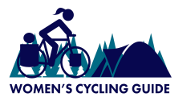

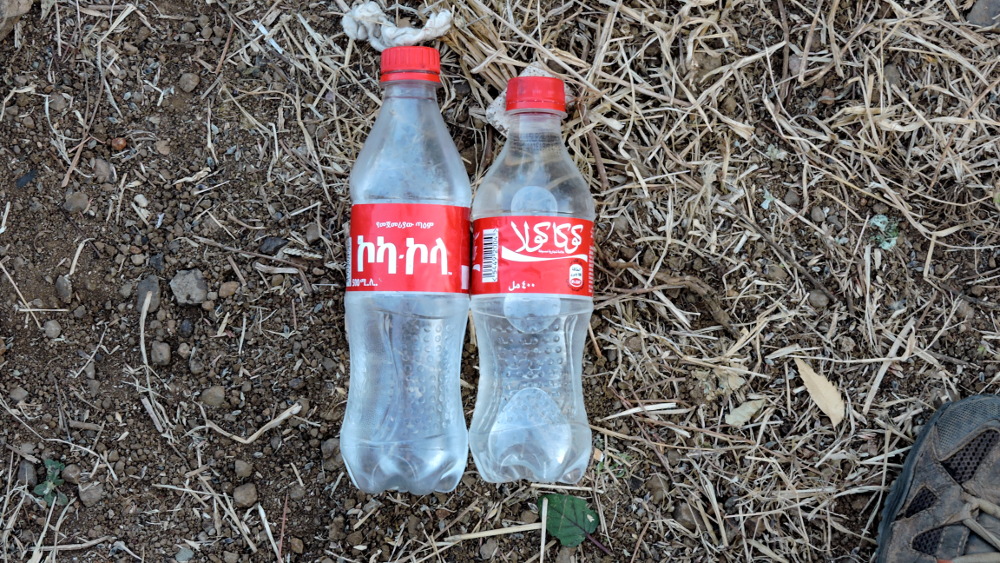
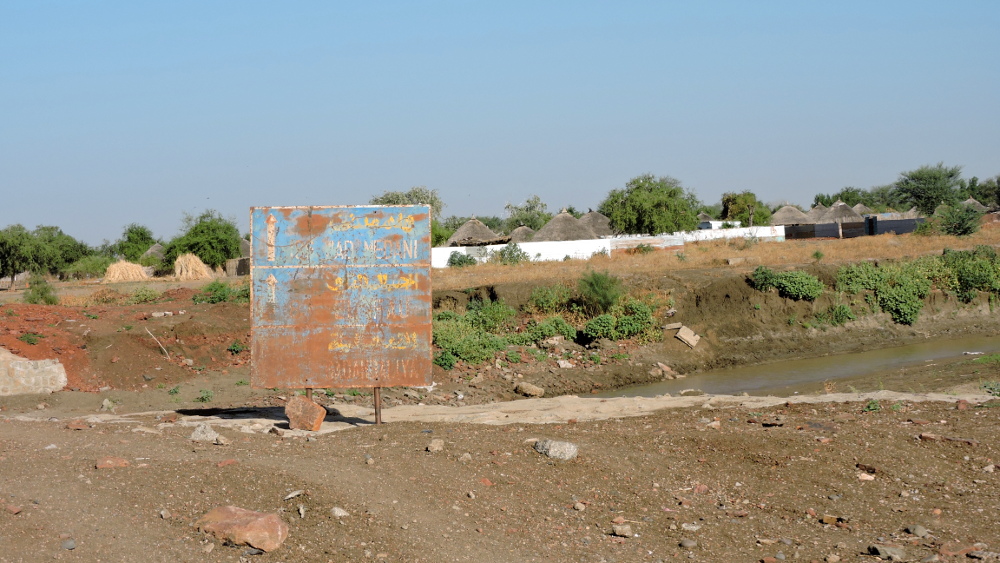
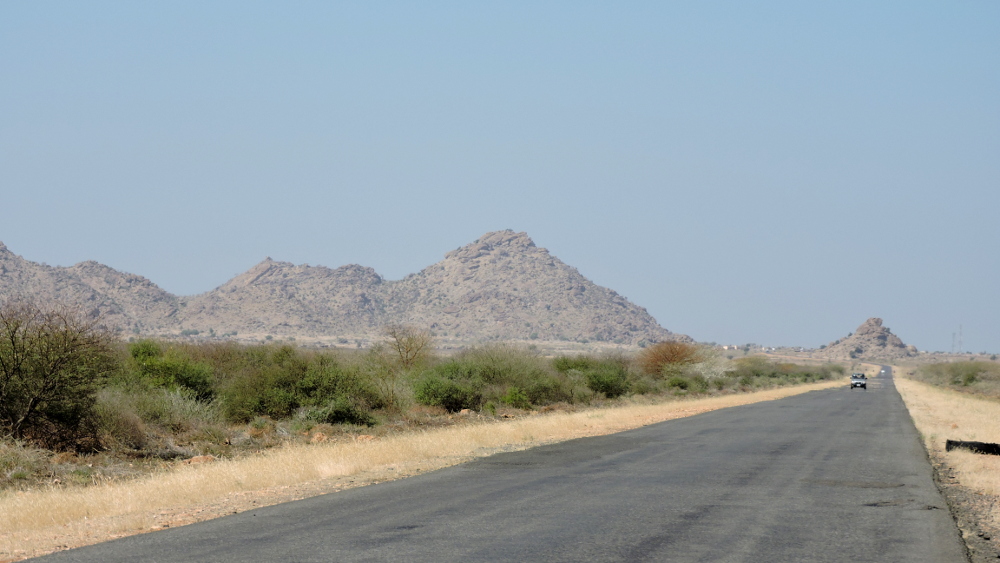
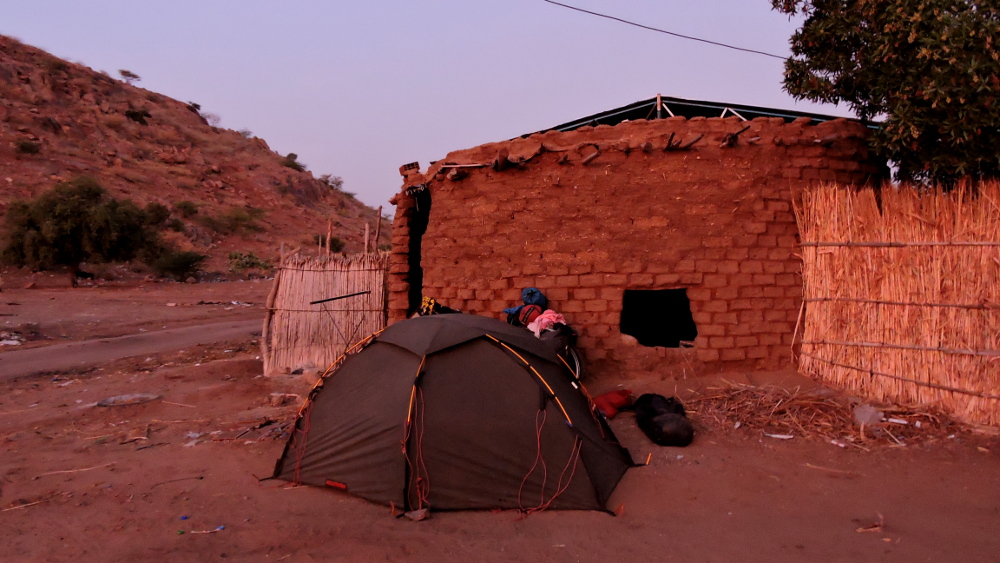
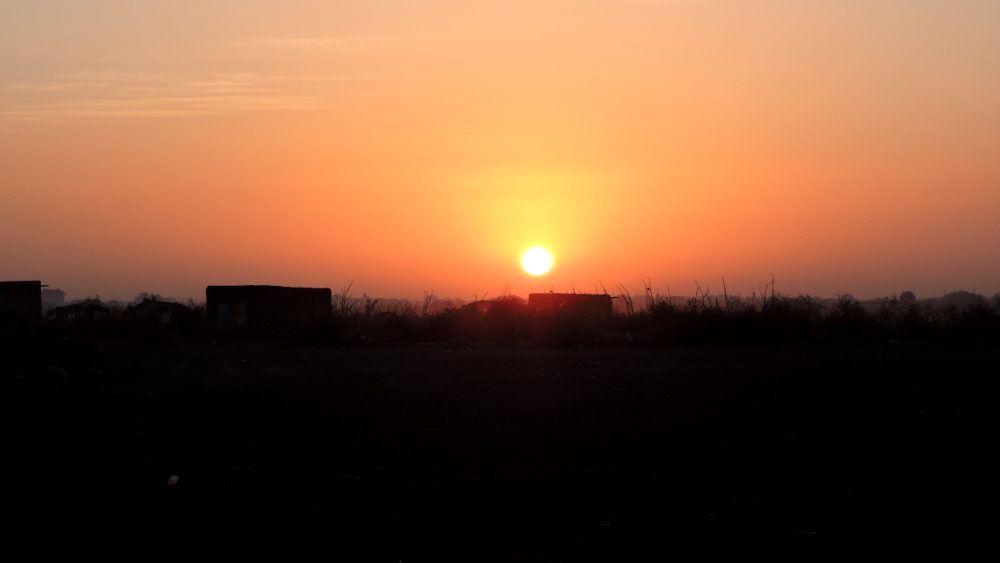

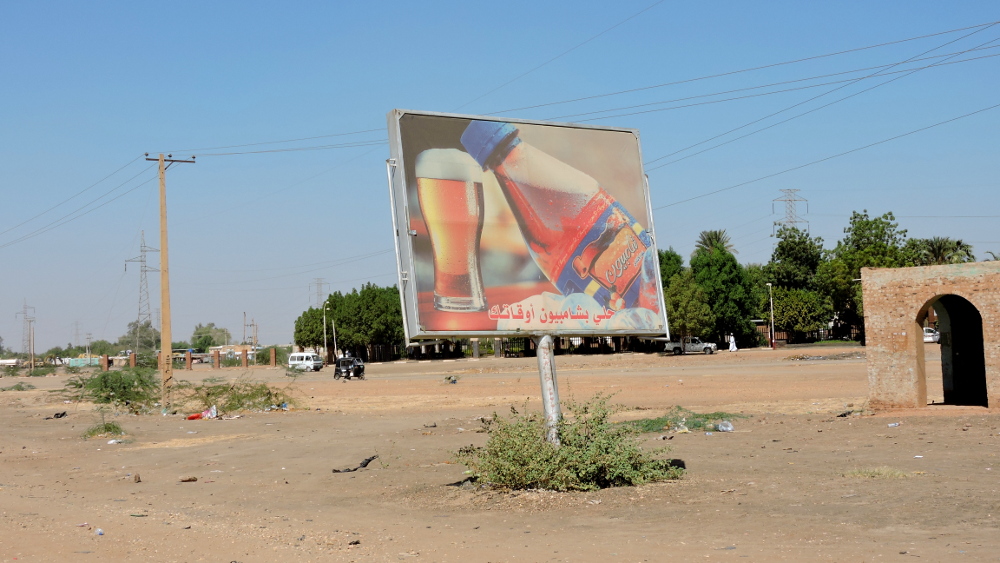
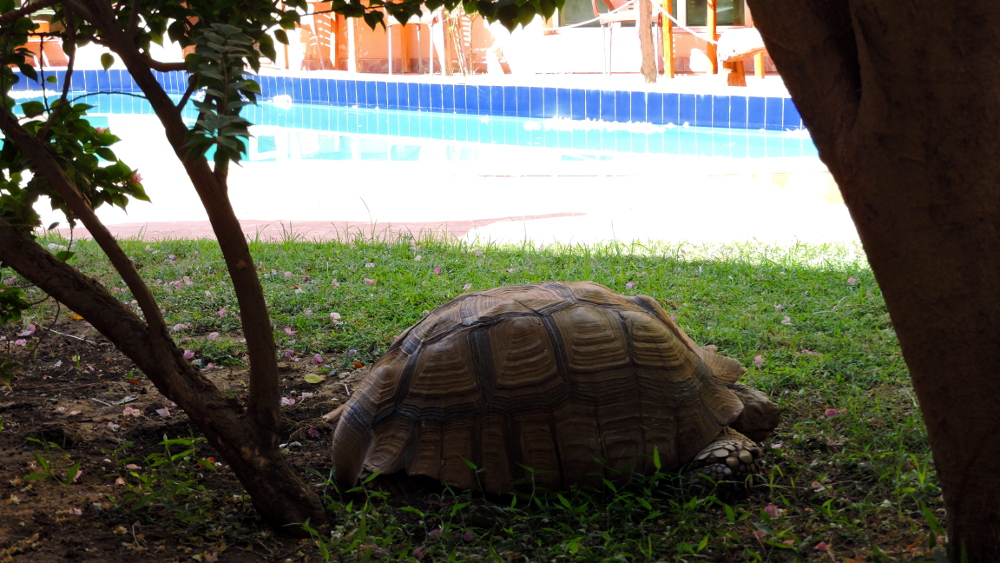


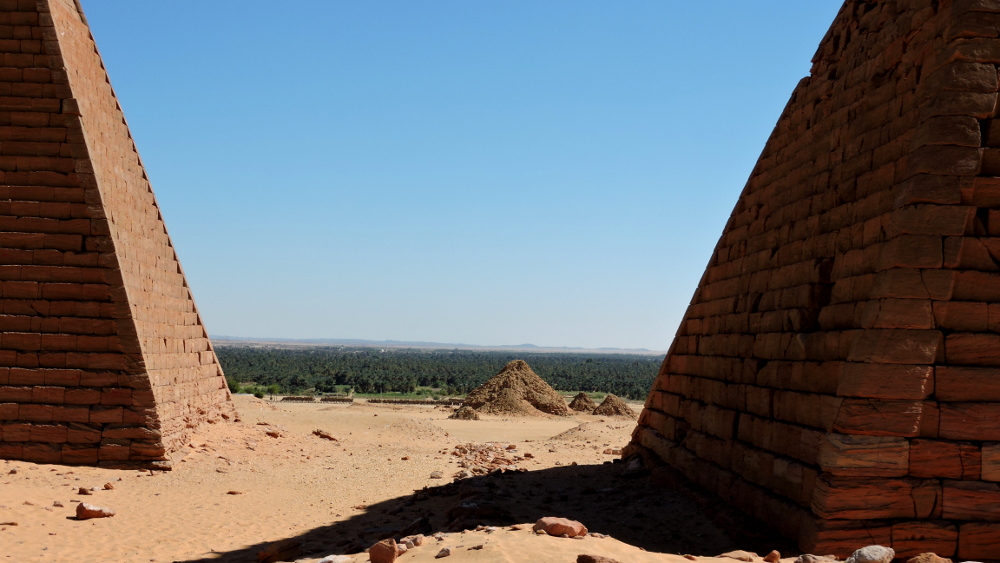
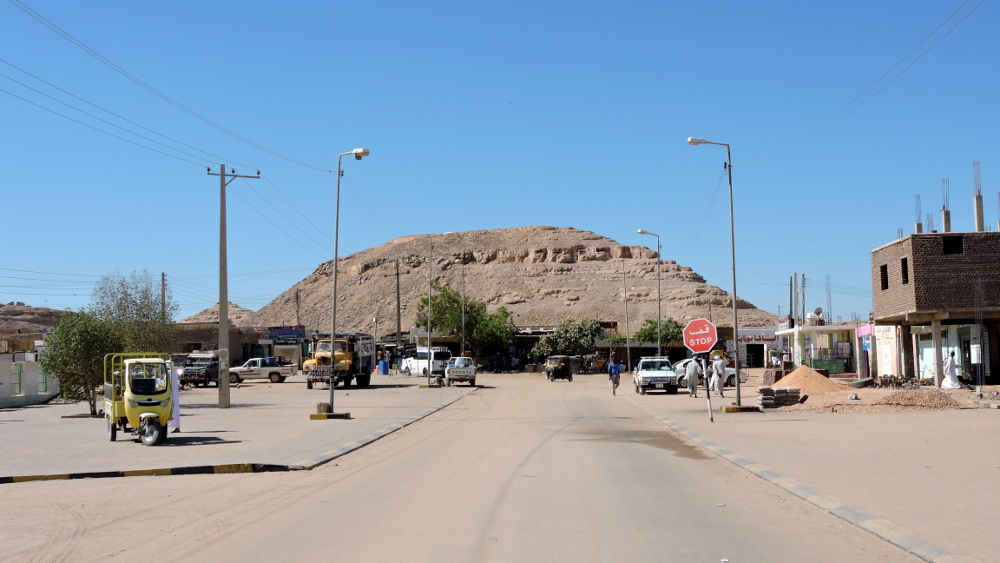
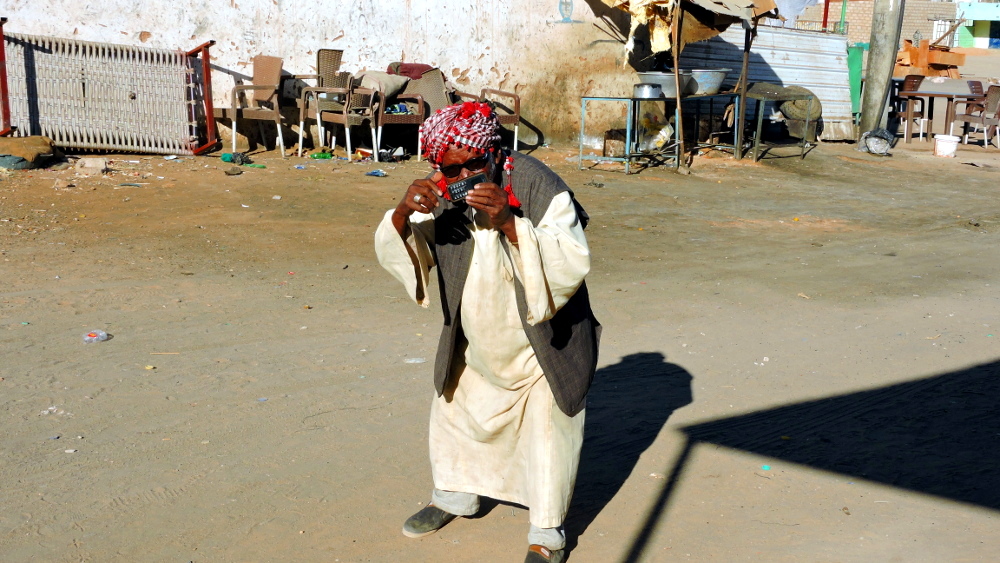
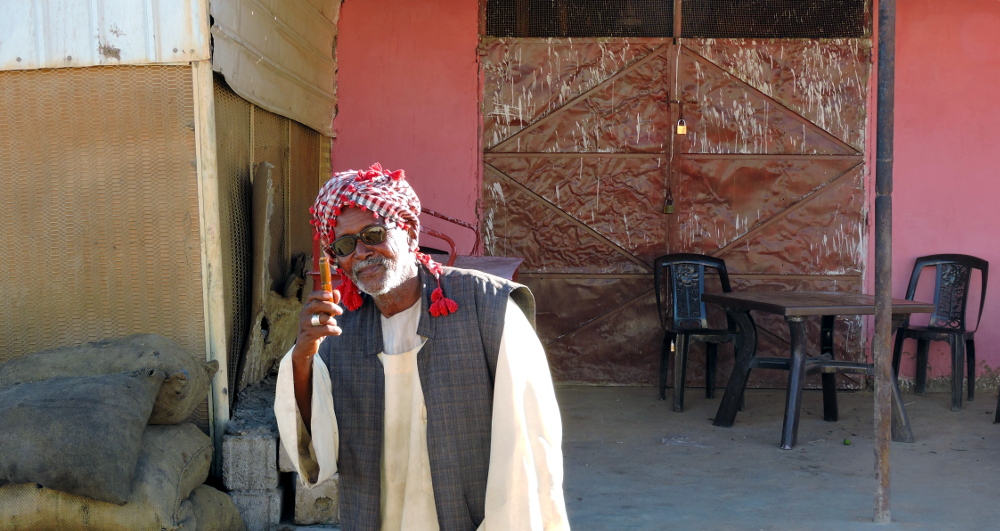
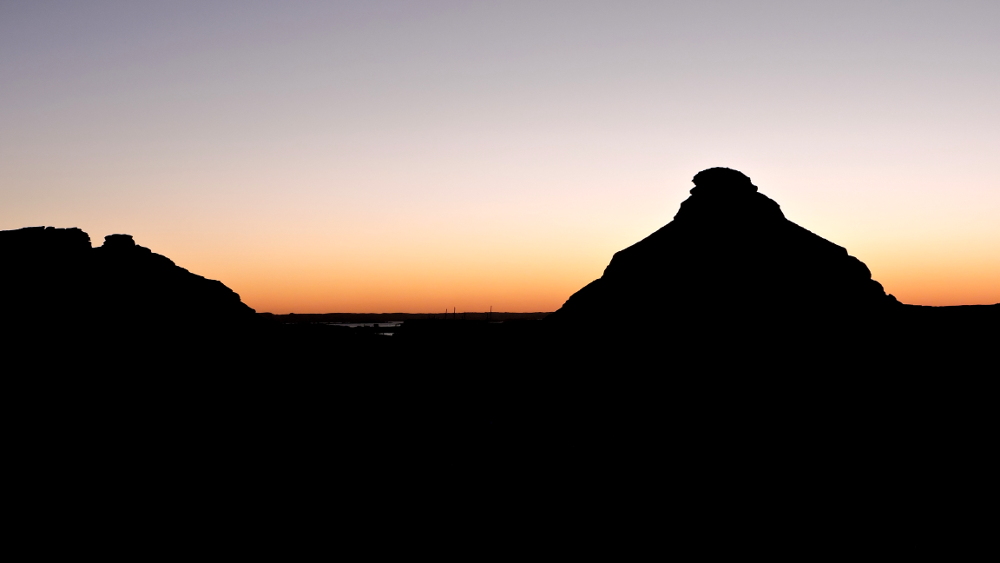

G’day
Frist of all…all my respect, you’re a inspiration!!
Can you please write me back and tell me when you’re in Sudan and which way you did cycle? Thank’s for all, please keep in touch.
alexandre
0041 79 243 4657
Thank you Alexandre,
I was form 13th – 28th of November in Sudan.
I arrived from Ethiopia at Metemma, cycled via al-Qadarif to Khartoum. From there I cycled North towards Ad Dabba, but turned right to Karima, then Dungula and Wadi Halfa.